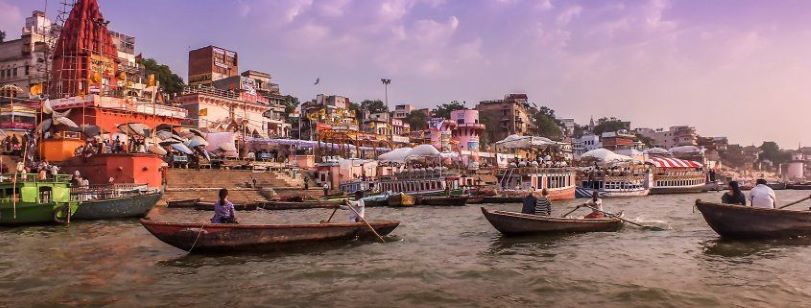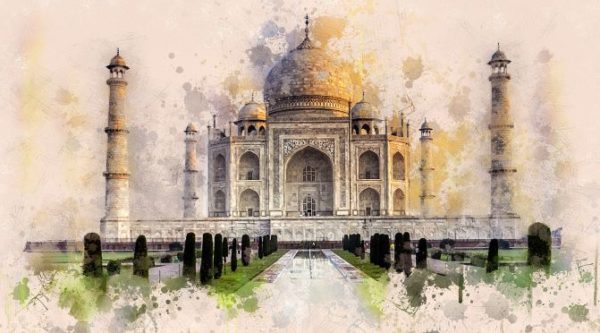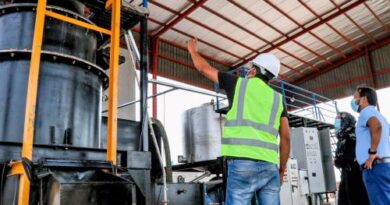Clampdown by CPCB as it orders States to ensure pollution-free Ganga during Kumbh Mela
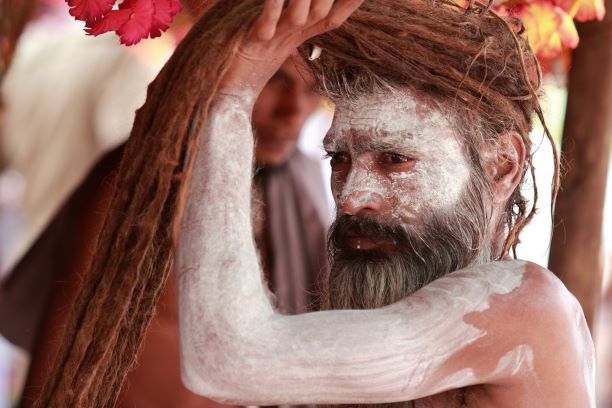 Will religion help Rivers stay clean?
Will religion help Rivers stay clean?
With 15 crores of pilgrims expected to reach Allahabad for Ardh Kumbh, the CPCB in an order said that the discharge of partially treated and untreated effluents entering the river during the religious gathering will be banned. These effluents are a significant source of pollution and impact the color of the water in the river, besides making the water unfit for bathing.
CPCB exercising the powers under the Water (Prevention and Control of Pollution) Act, 1974, directed both the state governments to take corrective measures and asked the authorities concerned to ensure that it’s a pollution-free Ardh Kumbh.
“There will be no discharge of effluents into the Ganga and its tributaries from grossly polluting units — distillery, sugar, pulp and paper and textile during the mela period. The UP and Uttarakhand state pollution control boards shall ensure the weekly monitoring of drains and sewage treatment plants in the area and upload data on the web,” said the CPCB order.
The activists feel that ordering the shutdown of leather industries in Uttar Pradesh is meaningless if its only for the religious congregation. They have petitioned the Allahabad Court seeking a generic Policy for organizing Kumbh Melas.
Uttar Pradesh Government has ordered the shutdown of tanneries in the cities of Kanpur and Unnao from December 15 to March 15 in order to provide clean water to devotees participating in the upcoming Ardh Kumbh festival. The Kumbh Mela this time is slated to be held in the Allahabad city (now called Prayagraj) from January 15 to March 4, 2019.
In Uttar Pradesh, around 300 tanneries, out of the total 429 tanneries, are seriously polluting the state with toxic elements which are used for treating the various animals’ hides and skins along with heavily toxic metals such as the Chromium discharge after processing the leathers. These tanneries sell their products to UK and US.
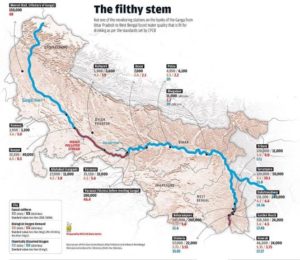
Somendra Mohan Ghosh who is an award-winning environmental scientist and green technologist feels that public health which suffers the most because of unchecked pollution created by it, should be the priority. He fears that Chromium has entered the food chain via the water used for irrigation of crops and produce in the fertile Ganga delta.
“In the leather complex, the effluent discharges for bleaching and tanning contaminates the groundwater and people who have settled within 5 kms radius of such zone are facing air – water pollution problems and farming is the worst affected,” he rues.
Ardh Kumbh Mela, a six-yearly ritual, will be held in Allahabad in 2019. Pilgrims from 192 countries are expected gather at the confluence of the holy rivers Ganga, Yamuna and the mythical Saraswati. The Kumbh Mela, believed to be the largest religious gathering on earth is held every 12 years, and Ardh Kumbh every six years.
Recent studies also provide evidence of pollution peak after the event which is held periodically. It stated that religious mass gathering event-Kumbh Mela, deteriorated the quality of water in Godavari river by increasing its bacterial load 130 times.
A team of scientists led by Avinash Sharma, a scientist at the National Centre for Microbial Resource of the NCCS Pune said, “A majority of these bacteria contained genes that confer resistance to beta-lactams, folate, antimicrobial peptide, and vancomycin which might pose serious threats to public health in the long run.”
Scientists believe that open defecation by pilgrims, abrupt sewage management and dysfunctional waste disposal system at multiple sites led to river water contamination during the Kumbh.

